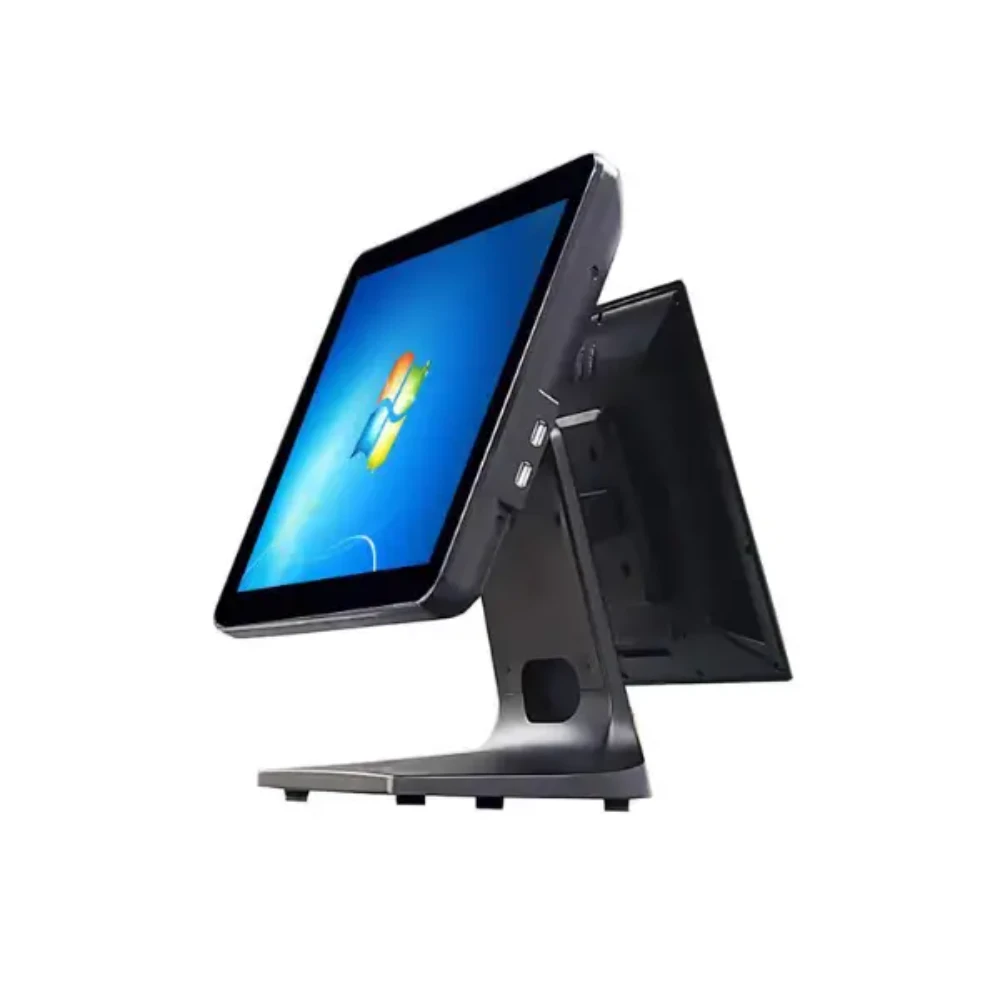Blog
POS Terminals: The Smart Way to Run Your Business

POS Terminals: The Smart Way to Run Your Business
Running a modern business means more than just selling products—it’s about creating smooth, fast, and memorable experiences for your customers. A Point of Sale (POS) terminal helps you do exactly that. Far from being just a payment machine, today’s POS systems are powerful business tools that streamline operations, track sales, and help you grow.
What is a POS Terminal?
A POS terminal is the hub where sales transactions happen. Traditionally, it was just a card reader for processing payments. But now, POS terminals have evolved into all-in-one business solutions. They don’t just handle payments—they connect sales, inventory, and customer data in one easy-to-use system.
Essential Features of POS Terminals
Modern POS systems are designed to do much more than ring up sales:
- Multiple Payment Options – Accept credit/debit cards, mobile wallets, QR codes, and even contactless payments.
- Inventory Tracking – Keep tabs on stock levels in real time, so you never run out of your bestsellers.
- Sales Analytics – Get detailed reports on top-selling products, peak hours, and revenue growth.
- Customer Insights – Build loyalty programs and personalized promotions with customer data.
- Cloud Connectivity – Access your business data anytime, anywhere from secure cloud storage.
Why Your Business Needs a POS Terminal
Still wondering if a POS terminal is worth it? Here are some clear benefits:
- Speed & Efficiency – Faster checkouts mean happier customers.
- Error-Free Billing – Automated systems reduce mistakes at the counter.
- Smarter Decisions – Real-time reports help you spot trends and make better business choices.
- Customer Satisfaction – More payment options = more convenience for your customers.
- Growth Ready – Easily scale as your business expands, from one shop to multiple branches.
Industries That Rely on POS Terminals
POS terminals are versatile and can be tailored to almost any business type:
- Retail shops & supermarkets – for inventory and sales management
- Restaurants & cafés – for quick billing and order tracking
- Salons & spas – for managing appointments and payments
- Hotels & hospitality – for integrated bookings and billing
- Pharmacies & healthcare – for smooth billing and prescription management
The Future of POS Systems
With the rise of cashless transactions, cloud technology, and AI-powered analytics, POS terminals are becoming smarter every day. Future-ready POS solutions will help businesses provide seamless checkout experiences, personalized offers, and greater efficiency.
Conclusion
A POS terminal is no longer just a checkout tool—it’s the backbone of modern business operations. From speeding up payments to giving you insights that drive growth, POS systems are essential for staying competitive. Whether you run a small boutique, a busy café, or a growing retail chain, the right POS solution can transform the way you do business.
POS Terminal – Frequently Asked Questions (FAQ)
1. What is a POS terminal?
A POS (Point of Sale) terminal is a device that allows businesses to process customer payments securely. Modern POS systems also include features for inventory management, sales reporting, and customer relationship management.
2. How does a POS terminal work?
A POS terminal connects to your payment provider or bank to authorize and process transactions. It records the sale, updates your inventory (if integrated), and issues a receipt to the customer.
3. What types of payments can a POS terminal accept?
Most POS terminals accept credit/debit cards, mobile wallets (Apple Pay, Google Pay), QR code payments, and contactless (NFC) transactions in addition to cash handling options.
4. Do I need the internet to use a POS terminal?
Yes, most POS systems require an internet connection for real-time payment authorization. However, some devices support offline transactions that sync once the connection is restored.
5. Can a POS terminal help manage inventory?
Yes. Advanced POS systems automatically track stock levels whenever a sale is made, alerting you when items are running low. This prevents stockouts and helps with inventory planning.
6. Are POS terminals secure?
Absolutely. Modern POS terminals use end-to-end encryption, tokenization, and PCI DSS compliance to ensure transactions and customer data remain secure.
7. How much does a POS terminal cost?
The cost varies depending on the type of POS system. Basic terminals can be relatively inexpensive, while feature-rich, cloud-based POS solutions may include monthly subscription fees or transaction-based charges.
8. Can POS terminals integrate with my existing business software?
Yes. Many POS systems integrate with ERP, accounting software, CRM, and eCommerce platforms, ensuring smooth workflows across your business operations.
9. Who can benefit from using a POS terminal?
POS terminals are widely used in retail stores, restaurants, cafés, hotels, salons, pharmacies, and service-based businesses. Essentially, any business that accepts payments can benefit.
10. What is the difference between a traditional POS and a cloud-based POS?
- Traditional POS: Hardware-based, installed on-site, limited to one location.
- Cloud POS: Web-based, accessible from any device, supports multi-location businesses, and offers automatic updates.
11. How long does a POS terminal last?
With proper maintenance, POS terminals can last 5–7 years. Cloud-based POS systems also ensure that software remains up-to-date over time.
12. Do POS terminals support loyalty programs and discounts?
Yes. Many POS systems allow businesses to create customer loyalty programs, discounts, and promotions, helping boost customer retention and sales.
